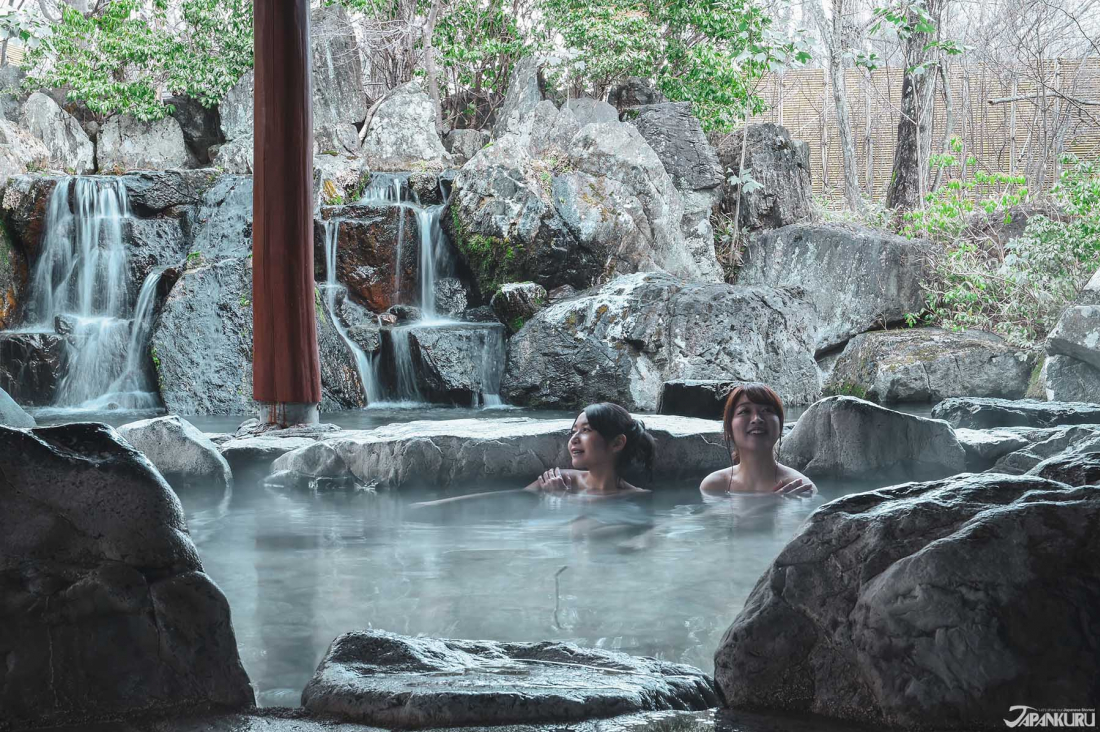The Japanese onsen is world-famous—a natural hot spring used for public bathing and relaxation. But did you know that China also has a rich hot spring tradition, deeply rooted in its own history and wellness practices?
If you’re wondering what they call onsens in China, the answer lies in the Chinese language and cultural differences that make the experience both familiar and unique.
What Is the Chinese Term for Onsen?
In Chinese, the equivalent of “onsen” is:
温泉 (wēnquán)
- 温 means “warm”
- 泉 means “spring” or “fountain”
So “温泉” directly translates to “warm spring” or “hot spring”—referring to naturally heated water sources used for bathing and health purposes.
Keywords: what do they call onsens in China, Chinese word for onsen, 温泉 meaning, Chinese hot springs
How Are Chinese Hot Springs Different from Japanese Onsens?
While onsens (温泉) in Japan and wēnquán (温泉) in China serve similar purposes, their cultural practices, etiquette, and locations can vary.
| Feature | Japanese Onsen 🇯🇵 | Chinese Hot Spring 🇨🇳 |
| Name | Onsen (温泉) | Wēnquán (温泉) |
| Water Source | Geothermal, volcanic areas | Geothermal, mountain regions |
| Bathing Culture | Nude, gender-separated | Swimsuit required or optional |
| Traditional Focus | Zen and nature immersion | Wellness, medicinal therapy |
| Add-ons | Simple ryokan stays | Often part of resorts or hotels |
| Popular with | Locals and tourists | Tourists, wellness travelers |
What Is the Hot Spring Culture Like in China?
Key Features of Chinese Hot Springs (温泉):
- Typically indoor or outdoor pools within resorts
- Swimsuits are usually required or provided
- Water often infused with medicinal herbs or minerals
- Often combined with spa services, massages, and hotels
- Popular for family getaways or romantic retreats
Chinese hot springs are viewed not just as relaxation hubs, but as wellness and healing centers rooted in Traditional Chinese Medicine (TCM).
Popular Hot Spring Destinations in China
Tangshan Hot Springs (Nanjing)
- Historic springs dating back to ancient dynasties
- Known for its mineral-rich waters and luxury spas
Beitou Hot Springs (Taiwan)
- One of the most famous hot spring areas in the Chinese-speaking world
- Natural, sulfur-rich pools in a lush mountain setting
Zhuji Wuxie Hot Springs (Zhejiang Province)
- Set in nature, popular for medicinal spring water
Chunhuiyuan Hot Spring Resort (Beijing)
- Modern, family-friendly facilities with dozens of themed pools
Health Benefits of 温泉 (Hot Springs)
- Improves blood circulation
- Relieves muscle tension and joint pain
- Detoxifies skin and body
- Reduces stress and promotes relaxation
- Often used for TCM-inspired health treatments
Tips for Visiting a Chinese 温泉 (Wēnquán)
- Bring or rent a swimsuit (required in most places)
- Follow posted hygiene rules (shower before entering)
- Many resorts have private pools for couples or families
- Some facilities offer mud baths, herbal pools, and ice baths
Keywords: Chinese hot spring etiquette, hot springs in China travel, 温泉 resorts China
Conclusion
So, what do they call onsens in China? The answer is simple: 温泉 (wēnquán)—and they’re just as rejuvenating as their Japanese counterparts. With their own traditions, health benefits, and stunning locations, Chinese hot springs offer a unique blend of cultural depth and modern wellness.
Whether you’re traveling for relaxation, healing, or cultural discovery, a visit to a Chinese 温泉 resort might just be your next favorite spa escape.
FAQs
1. Is “onsen” a Chinese word?
No. “Onsen” is Japanese. The Chinese equivalent is 温泉 (wēnquán), meaning “hot spring.”
2. Are onsens and Chinese hot springs the same?
They both involve geothermal bathing, but differ in etiquette, attire, and cultural experience.
3. Do Chinese hot springs require nudity like Japanese onsens?
No. In China, swimsuits are commonly required, and many springs are co-ed.
4. Can I visit Chinese hot springs as a foreign tourist?
Yes! Many facilities in major cities offer English support and international-standard amenities.
5. Which is better: onsen in Japan or hot spring in China?
Both offer unique experiences. Japanese onsens focus on natural simplicity and silence, while Chinese 温泉 emphasize wellness, comfort, and variety.
Also read: SE Asia Full Time Travel Cost 2024: How Much to Budget for Long-Term Travel



